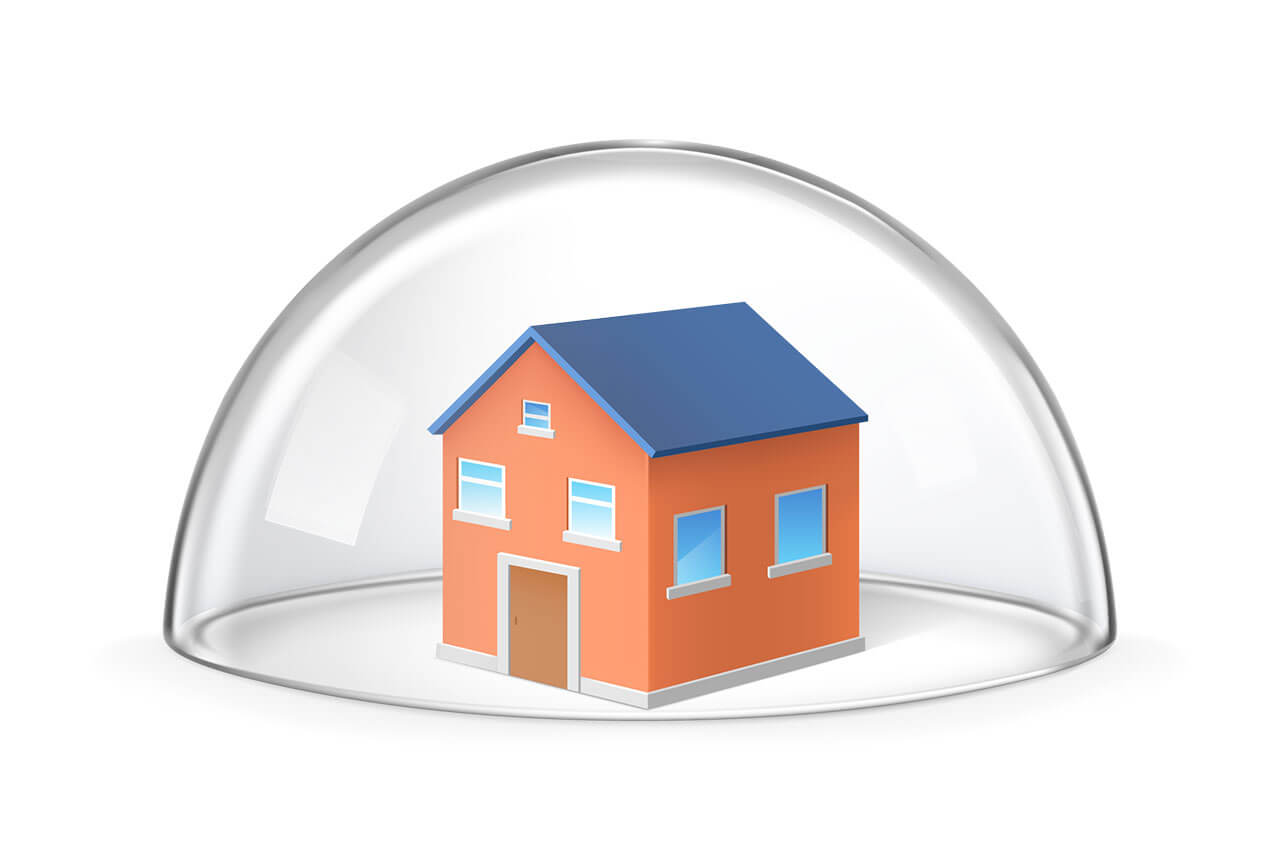FAQs on terrace waterproofing and choosing waterproof cement for roof
Terrace waterproofing is the process of applying a waterproofing solution or coating to the surface of a terrace to prevent water from penetrating into the structure below. This is important because water infiltration can cause a number of problems, including structural damage, mould and mildew growth and deterioration of paint finish. Waterproofing a terrace or roof can help to extend the life of the structure and avoid costly repairs. Here are some frequently asked questions and their answers on terrace waterproofing and choosing waterproof cement for roofing:
Question 1: What is the need to waterproof the roof?
Terrace waterproofing is essential as it adds a protective barrier to your roof. This barrier protects your roof from wear and tear caused by rainwater .
Question 2: How do you know if your terrace needs waterproofing?
Here are some signs that your terrace needs to be waterproofed:
- Water stains on the ceiling or walls below the terrace: If you notice water stains on the ceiling or walls below the terrace, it is an indication that there is a leak in the roof.
- Peeling paint or plaster on the terrace surface: Water damage can cause paint or plaster to peel or flake off the surface of the terrace.
- Cracks or gaps in the terrace surface: If you see cracks or gaps in the terrace surface, water can easily seep through and cause damage.
- Musty odours or visible mould growth on the terrace: Mould and mildew can grow in damp, humid conditions. If you notice musty odours or visible mould growth on the terrace, it can be a sign of water damage on the roof.
Question 3: What is waterproof cement? How is waterproof cement used?
Waterproof cement is a type of cement that is formulated to resist water damage. It is used in construction to prevent water from penetrating concrete structures, such as foundations, walls and floors. Waterproof cement is typically used in areas where there is a high risk of water infiltration, such as in basements, near bodies of water, or in areas with high humidity. It is also used to seal joints and cracks in concrete structures to help prevent water from seeping through. Waterproof cement is typically applied as a coating or slurry over the surface of the concrete and is allowed to cure before the structure is put into use.
Question 4: How do I choose the right waterproof cement for my roof?
There are a few factors to consider when choosing waterproof cement for your roof:
- Compatibility with the existing roof material: It is important to choose a waterproof cement that is compatible with the material of your existing roof. For example, if your roof is made of concrete, you will need waterproof cement that is specifically formulated for use with concrete.
- Climate: The climate in your area can also influence the type of waterproof cement you should use. For example, if you live in an area with extreme temperature fluctuations, you may need a waterproof cement that can withstand these temperature changes.
- Waterproofing requirements: Consider the level of waterproofing you need for your roof. If you live in an area with heavy rainfall, you may need a waterproof cement that offers a higher level of protection than if you live in an area with low rainfall.
- Ease of application: Consider the ease of application when choosing a waterproof cement. Some products may be easier to apply than others, which can save time and labour costs.
Question 5: What are the best waterproofing solutions available in the market?
If you are looking for waterproofing solutions, consider Concreto Uno. Manufactured using state-of-the-art technology, Concreto Uno protects the structure from:
- Water ingress
- Dampness
- Efflorescence
The use of this product results in higher durability resistance and better surface finish protection from harmful waterborne environmental pollutants. This increases the structure’s paint life and durability. The damplock formula of Concreto Uno not only protects the building from water but also helps to resist corrosion, maintain hygiene, and give a superior finish.






